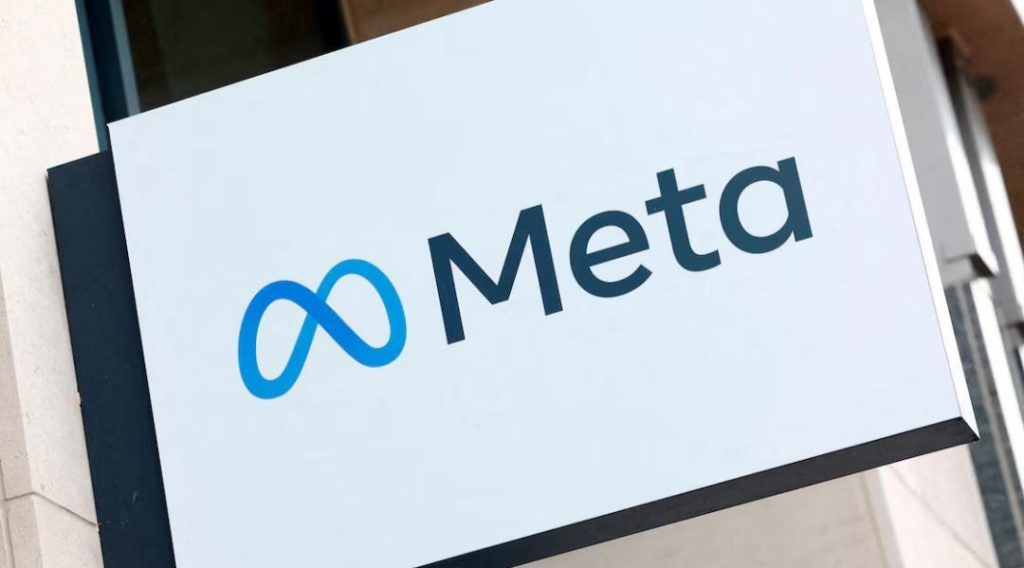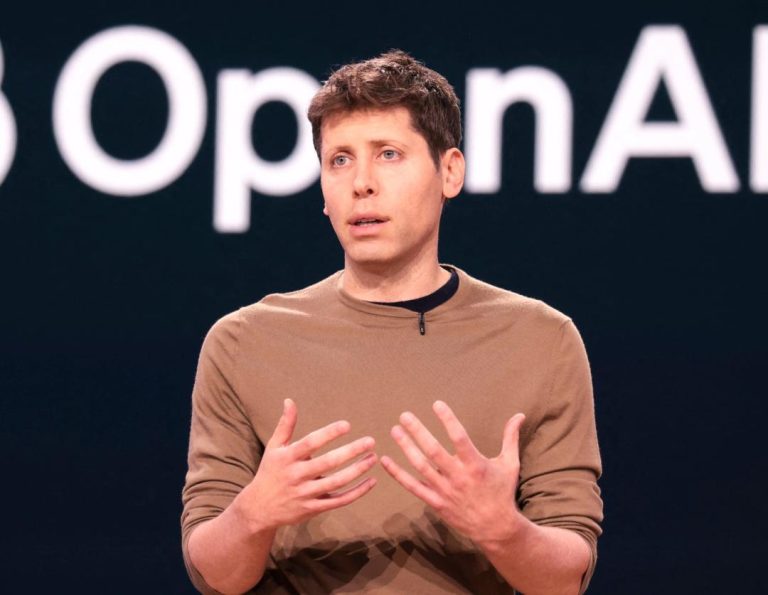
Law Professors Back Authors Suing Meta in AI Copyright Case
A group of law professors specializing in copyright law has filed an amicus brief in support of authors who are suing Meta, the parent company of Facebook and Instagram, for allegedly training its LLaMA AI models on e-books without permission. The brief argues that Meta’s fair use defense is “a breathtaking request for greater legal privileges than courts have ever granted human authors.”
The authors, who are anonymous, sued Meta in 2023, claiming that the company’s use of their work to train its AI models without permission is a violation of their copyright. Meta has responded by arguing that its use of the e-books is fair use, as it is a transformative use of the copyrighted material.
However, the law professors disagree with Meta’s defense, arguing that it is unclear what kind of transformative use would be allowed under fair use. The professors argue that the fair use doctrine is intended to balance the rights of copyright holders with the public interest in using copyrighted material for certain purposes, such as criticism, commentary, news reporting, teaching, scholarship, or research.
However, the professors argue that Meta’s use of the e-books is not a transformative use, as it is still using the copyrighted material for its original purpose of providing information to readers. The professors also argue that the use of the e-books is not limited to a specific purpose, such as criticism or news reporting, but is instead used for commercial purposes.
The professors’ brief also cites the Supreme Court’s decision in Google v. Oracle America, Inc., which held that the fair use doctrine is not a blanket exception to copyright law, but is instead intended to be used on a case-by-case basis. The professors argue that the lower court’s decision in the Meta case is inconsistent with the Supreme Court’s decision in Google v. Oracle America, Inc.
The authors’ lawsuit is not the only one filed against Meta over its use of AI models to generate text. In 2021, a group of AI researchers filed a lawsuit against Meta, alleging that the company’s use of AI models to generate text without permission is a violation of their rights under the Computer Fraud and Abuse Act. The lawsuit is ongoing.
The Meta case is significant because it raises important questions about the use of AI models to generate text and the impact on copyright law. The use of AI models to generate text has the potential to revolutionize the way we communicate and access information, but it also raises concerns about the potential for copyright infringement and the need for new laws and regulations to protect the rights of copyright holders.
In conclusion, the law professors’ brief in support of the authors suing Meta is an important contribution to the ongoing debate about the use of AI models to generate text and the impact on copyright law. The brief highlights the need for a nuanced and case-by-case approach to the fair use doctrine and the need for new laws and regulations to protect the rights of copyright holders.
Source: https://storage.courtlistener.com/recap/gov.uscourts.cand.415175/gov.uscourts.cand.415175.525.0.pdf






